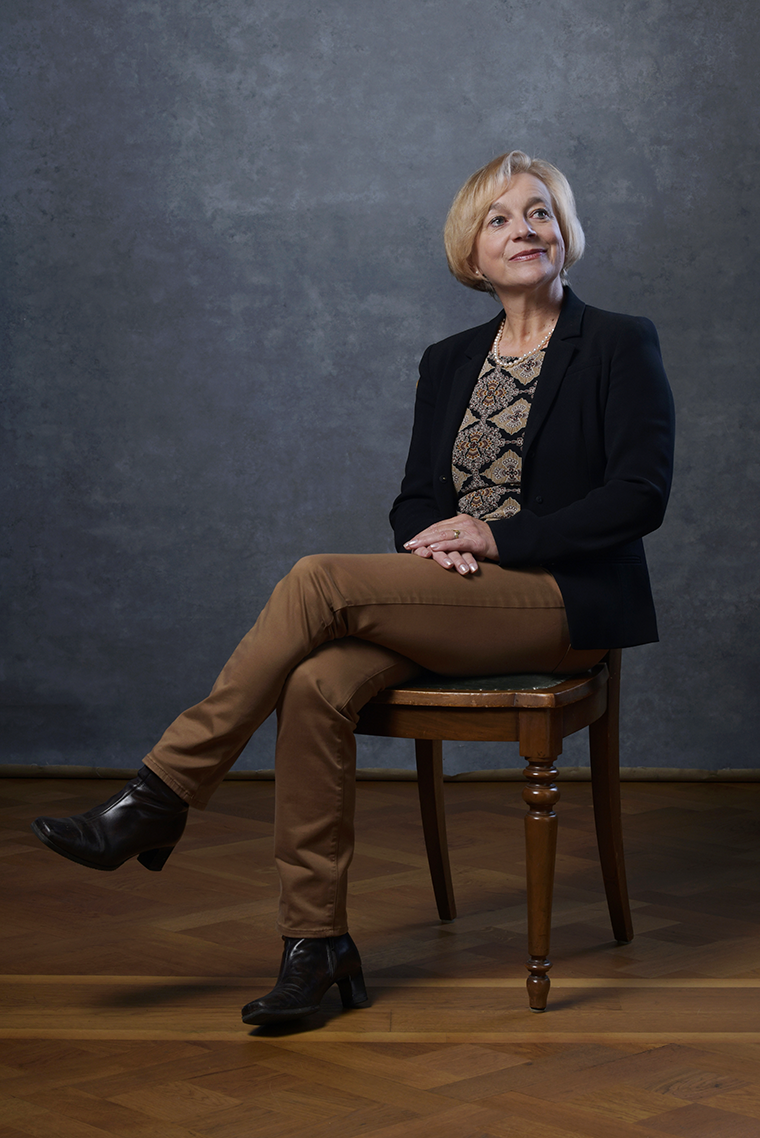Kathrin Amacker
Board Member
University of Basel
I am a pharmacist by training, and while I began my career in pharmaceutical production and development I subsequently took on roles on the more people-oriented side of the business, representing employees in a historical merger and developing diversity and inclusion in corporate cultures. In parallel, I also had a political career, notably as member of the Swiss Parliament, before joining first the executive board of Swisscom, then SBB. In those C-level roles, I covered for ten years topics such as communications, politics and sustainability as well as cooperation with academic institutions, which included the implementation of a professorship for information security and the development of the Mobility Initiative with ETH Zurich.
In my business life, I have always had a bridging role between politics and science. Part of my work often had to do with reconciling the pace of industry versus that of research: trying to close the gap between one side saying, “this is going very slow”, and the other saying, “this is going very fast”. I do think it’s of utmost importance that ETH is crystal clear about what its value proposition is, why it’s vital as institution and requires our society’s financial support.
The ETH Circle can help pass this message. Through the diversity of its members, it represents ecosystem thinking. Made up not just of alumni, the ETH Circle is a group of people that have a connection through their positive attitude to ETH, and can serve the institution as ambassadors and evangelists. They all share the following characteristics: a willingness to be active, to take the time to give back, and to participate in events. In addition, they are open with their opinions, and challenge the organisation by honestly sharing concerns.
An interesting fact is that my husband studied at ETH, and my very first contact was a lecture on theoretical physics he suggested I attend with him. It was a formative experience: in a huge auditorium of 200 students, I was one of four women. In fact, I always wonder to this day what happened to the career of these other three women. When I subsequently worked on diversity and inclusion, I often recalled this image. This is also a topic for ETH, that perhaps we can advance with the ETH Circle.
In addition, I am interested in looking at developing partnerships between ETH and the University of Basel. As a member of the board of the University of Basel, I acknowledge ETH as relevant partner in particular in the Botnar Foundation for child health and the national research priorities Anti-Resist and SPIN. I’m convinced we can extend these synergies further.

Christophe Gence
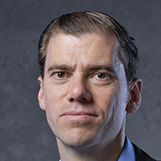
Adrian Krebs
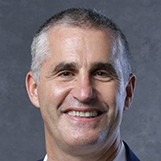
Felix Graf

Garif Yalak

Jeannine Pilloud

Kathrin Amacker

Luca Di Tizio
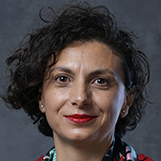
Margherita Fontana
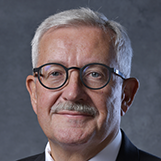
Martin Dahinden
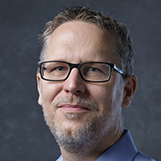
Matthias Bossardt
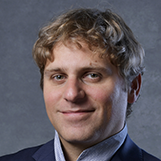
Pascal Kaufmann
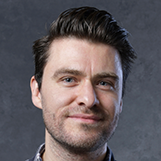
Philip Reichen
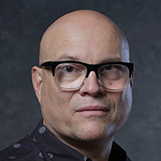
Lukas Fitze

Hans Gut
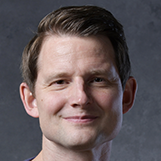
Fabian Unteregger
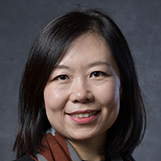
Mulan Sun Buschor

Shanthi Flynn

Patrick Anquetil
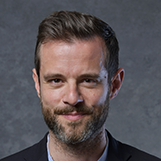
David Becker
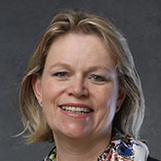
Anette Freytag
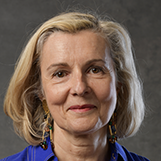
Francine Käch
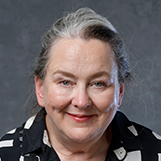
Susan Kish
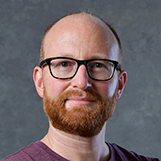
Daniel Naeff
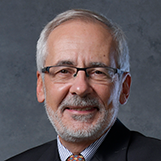
Daniel Schaufelberger

Felix Seidel Caprez

Ogi Stanovcic

George Szpiro
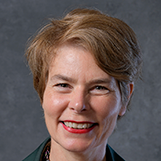
Cathrin Trebeljahr

Philipp Rickenbacher
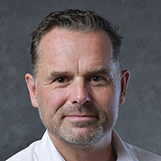
Martin Bosshardt
